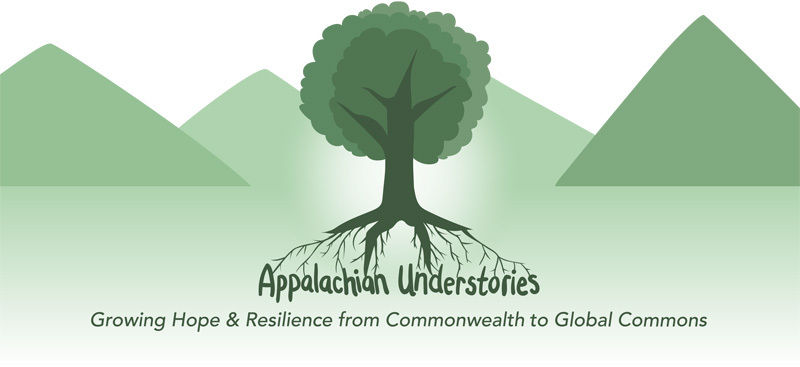43rd Annual Appalachian Studies Conference to have its Lexington debut this March
February 29, 2020
In the days before Spring Break, UK’s campus usually goes silent, a ghost town somewhat reminiscent of a post-zombie apocalyptic society.
But not this year.
From Thursday, March 12, to Sunday, March 15, hundreds of students and faculty, from UK and other nearby universities, will spend the last days before their mid-semester vacation celebrating everything Appalachia.
For the first time ever, UK’s College of Arts and Sciences is hosting the Annual Appalachian Studies Association (ASA) Conference in Lexington. The four-day event, in its 43rd year, is a combination of scholarly and activist activity, community engagement, music, crafts and more, said Jennifer Cramer, the program chair for the ASA Conference.
“Technically UK is not in Appalachia, but as one of our colleagues likes to say, ‘Lexington might not be in Appalachia, but Appalachia is in Lexington,” Cramer said.
Like the local hosts before them, UK is adding its own unique flavor to the conference. The conference organizers decided to emphasize “shared experiences” this year, adding an opening and closing ceremony to bookend the event.
They also scheduled the four plenaries—Hope Spots, Health and Healing, Black Appalachian Women and the Mother Forest—at their own times so they wouldn’t overlap with other events. These special themed panels of premier artists, activists, practitioners and scholars will take place in the Worsham Theater in the Gatton Student Center throughout the weekend.
“You can’t walk down the street without running into somebody with some sort of connection to Eastern Kentucky,” said Kathryn Engle, Associate Director of the Appalachian Center & Appalachian Studies Program at UK. “Folks from UK have been central in the development of Appalachian studies as a discipline. So, it’s exciting to host the Appalachian Studies Association at the institution where a lot of the great thinkers in Appalachian Studies and members of the Association have come from.”
The ASA Conference is truly a campus-wide event, with events housed in various locations including the Gatton Student Center, Whitehall, Patterson Hall, the Niles Gallery and the Special Collections Library. Events with the same general themes, such as linguistics and music, will remain in the same areas during the conference.
Between calling for abstracts, managing submissions, organizing the special events and financing the conference, the planning of this year’s ASA Conference was no small feat.
“This has been years in the making,” Engle said.
Its main sponsors are UK’s College of Arts and Sciences, the UK Appalachian Center & Appalachian Studies Program and the Graduate Appalachian Research Community (GARC). Over a dozen other UK colleges and groups also contributed financially to the ASA conference according to the preliminary program.
But non-presenting students don’t need to worry, since the conference is free to them. Students can elect to register with their student ID to receive conference materials, but it is not required. Those who want to scope out the events ahead of time can check the ASA website for program schedule details.
The ASA Conference will include a slew of events, nearly from dawn to dusk, Thursday through Sunday. There will be a square dance, a drag show, a silent auction, a sacred harp sing, an Ask-a-Pro series and a Cornbread and Tortillas show put on by a Latinx/Appalachia fusion group, to name just a few of the dozens of panels, performances, field trips and workshops currently planned.
As program chair, Cramer wants students to know that they are all welcome and encouraged to attend, whether or not they are familiar with the region’s history and culture. For those who don’t have any connection to Appalachia, she especially recommends going to Karida Brown’s “The Surprise of Appalachia” talk on Thursday.
“There’s a whole lot of bad press about what Appalachia is and I think that this conference is a showcase of what it really is,” Cramer said. “If you get to know the people (of Appalachia), what you’re going to see is these very inspiring groups, organizations, community organizers, activists, workers, scholars, engaging in real important discussions about very important topics. I think that this is a celebration of that.”
For more information about the conference, visit appalachianstudies.org.




























































































































































